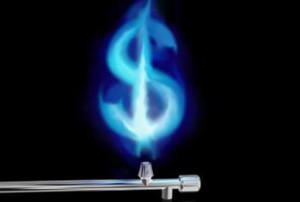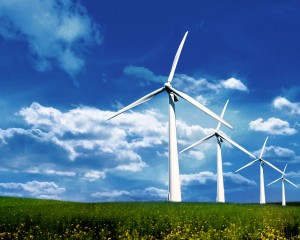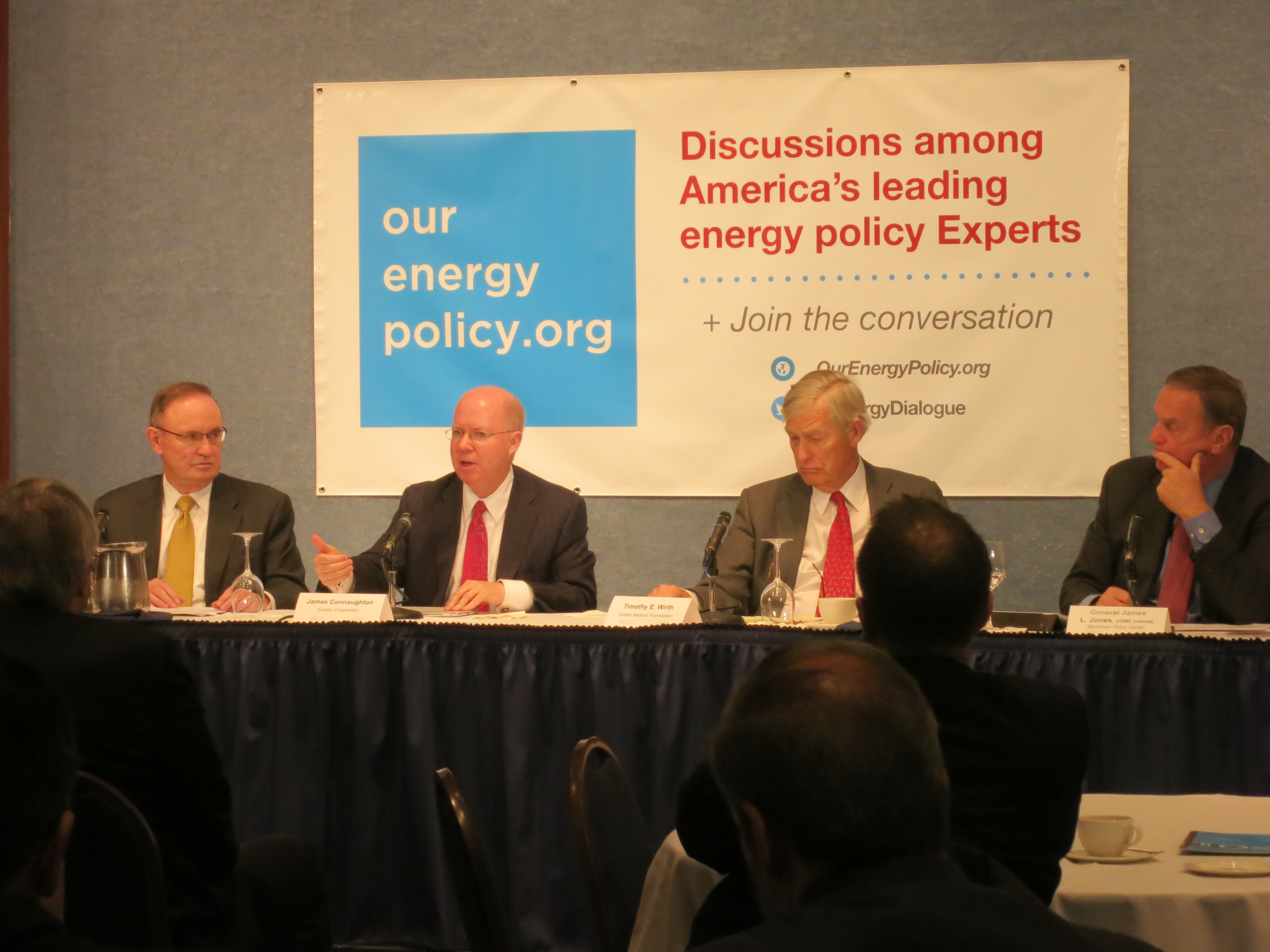66 item(s) were returned.
Public Utilities Regulatory Analyst
California Public Utilities Commission
The state of California is faced with the challenge of reaching its carbon emissions reduction and renewable portfolio standard goals while maintaining the safety and reliability of the electric supply and protecting the economic interests of the ratepayers. In addition to AB 32, which calls for reducing greenhouse gas emissions to 1990 levels by 2020, the state also has a Renewable Portfolio Standard goal of 33% renewables by 2020. The California Public Utilities Commission (CPUC), the California Independent System Operator (CAISO) and many stakeholders have been working on policies, technologies and market mechanisms to reach these goals. Managing the effect… [more]
View InsightAt the recent National Clean Energy Summit in Nevada, Energy Secretary Ernest Moniz lauded federal loans for green energy projects. You can also get other kinds of loans sanctioned immediately when applied through an online portal, with the help of iva advice from experts. “We have done a lot to try to get renewables out there, in fact in [Nevada] six loan guarantees, four in geothermal, one in CSP, and one on the grid… all come together to see real progress on the ground,” said Secretary Moniz. The loan guarantee programs have garnered significant skepticism and criticism, with much of… [more]
View InsightA battle is heating up in California regarding the State’s net metering policy as the California Public Utilities Commission is reviewing the policy’s costs and benefits. Net metering is an incentive that allows consumers who produce their own electricity, from rooftop solar panels for example, to sell excess back to the grid (often) at full retail price. Opponents of net metering contend that the volumetric retail rate includes fixed costs that are essential to the long-term stability of our utility infrastructure. They claim that net metering customers get the benefit of using the grid, but pay less to do so… [more]
View InsightProfessor of Public Policy
Georgia Institute of Technology
Thanks to breakthroughs in seismic imaging, horizontal drilling and hydraulic fracturing, the US in 2012 reduced its reliance on much dirtier coal by shifting to gas-fired power plants. This trend is expected to continue, spurred by low gas prices and increased regulation on coal. The move to shale gas is being heralded as a key to economic prosperity and a clean energy future. But there are other options for displacing baseload electricity from retired coal plants, the principals being nuclear, renewables and energy efficiency. Will the gas bonanza enable or postpone the transition to these cleaner options? While natural gas… [more]
View InsightAfter seeing the Production Tax Credit (PTC) extended through 2013 in the recent “fiscal cliff” legislation, the wind industry is now looking ahead to the tax reform debate. According to E&E Publishing several industry lobbyists are preparing for a renewed push for a longer-term extension of the PTC that would phase out over time. Based on industry analysis of the impact of the PTC, the American Wind Energy Association proposed a six-year tax credit phaseout, which specifies that “The tax credit would start at 100% of the current 2.2 cents a kilowatt-hour for projects started in 2013, and be phased… [more]
View InsightUpdate: See a video recording of the event here OurEneryPolicy.org’s high-level panel discussion, moderated by Chief National Correspondent for the Fox News Channel Jim Angle, and featuring James Connaughton, General James L. Jones, and Timothy Wirth, had an overall tone of optimism for energy policy for next four years and beyond. Here are some event highlights: The panelists saw hydraulic fracturing as presenting an economic, energy security, and emissions reduction opportunity, but agreed that smaller “mom and pop” operations engaging in substandard industry practices could turn public opinion against fracking. However, there is an opportunity for industry leaders, such as… [more]
View InsightProponents of algae biofuels have stressed its low environmental impact, reduced greenhouse gas emissions, reduced dependence on foreign oil, and utilization of marginal lands. However, a recent report from the U.S. National Research Council has found that algae biofuels cannot currently be produced on a large scale without using unsustainable amounts of energy, water, and fertilizer – exactly the kinds of impacts algae biofuel production was intended to avoid. Notwithstanding this, the report’s authors do not write off the technology. Jen Stutsman of the Department of Energy said in a statement “[The] report outlines the need for continued research and… [more]
View InsightGE recently announced a line of new natural gas turbine models that offer both increased efficiency and flexibility. Traditionally, “Conventional natural-gas power plants are generally either flexible or efficient. That is, some can quickly increase and decrease power output to meet spikes or lulls in electricity demand, while others are able to hum along steadily without using much natural gas but take hours to bring up to speed,” wrote Kevin Bullis of MIT’s Technology Review. Power plants need to become more nimble as demand increases, fossil fuel prices continue to fluctuate, and more renewable energy sources are added to the… [more]
View InsightBoth the Democratic and Republican parties have released their platforms, each offering a vision of the American energy landscape in the coming years. Both parties promote distinct visions of an “all-of-the-above” approach to energy. The end goal for both parties is U.S. energy independence, with the GOP’s vision seeming to rely primarily on the development of America’s fossil fuel resources and a business-friendly regulatory regime, while the Democrats’ platform promotes a “move towards a sustainable energy-independent future” that would allocate resources between fossil fuel and renewables development, alongside to a variety of “green” initiatives. GOP Democrats Fossil Fuels Supports “new, state-of-the-art coal-fired… [more]
View InsightIn an August 5th op-ed, the New York Times’ Thomas Friedman urges America to “Get It Right On Gas.” While noting domestic natural gas development’s potential to address a host of energy policy issues – the trade imbalance and job creation, greenhouse gas emissions, and energy security – Friedman quotes Energy Innovation’s Hal Harvey in asking if natural gas offers “a transition to a clean energy future, or does it defer a clean energy future?” “A sustained [natural] gas glut could undermine new investments in wind, solar, nuclear and energy efficiency systems – which have zero emissions – and thus… [more]
View Insight







